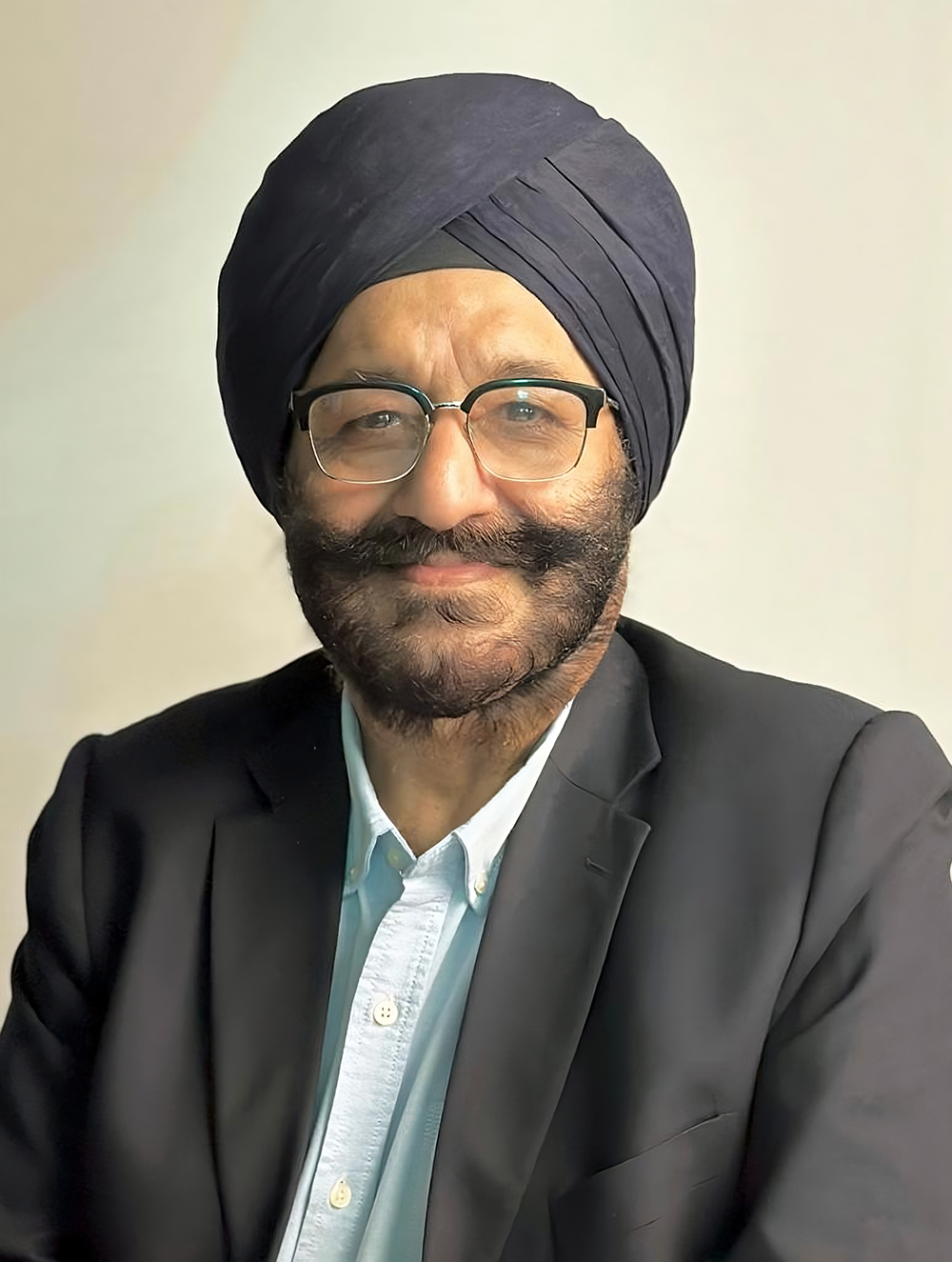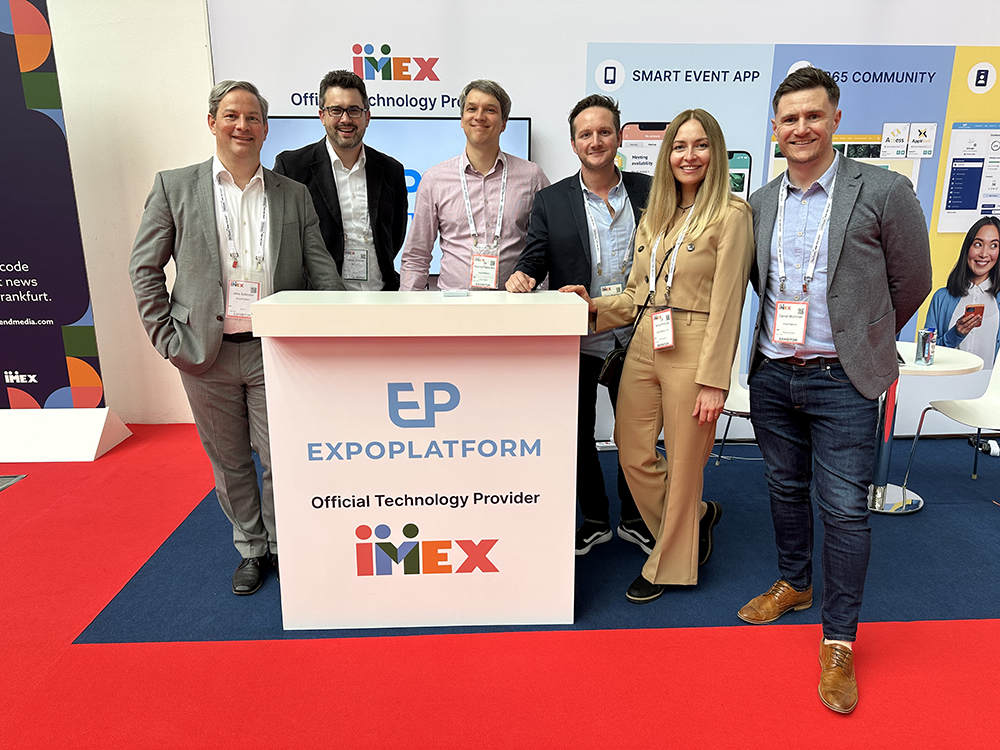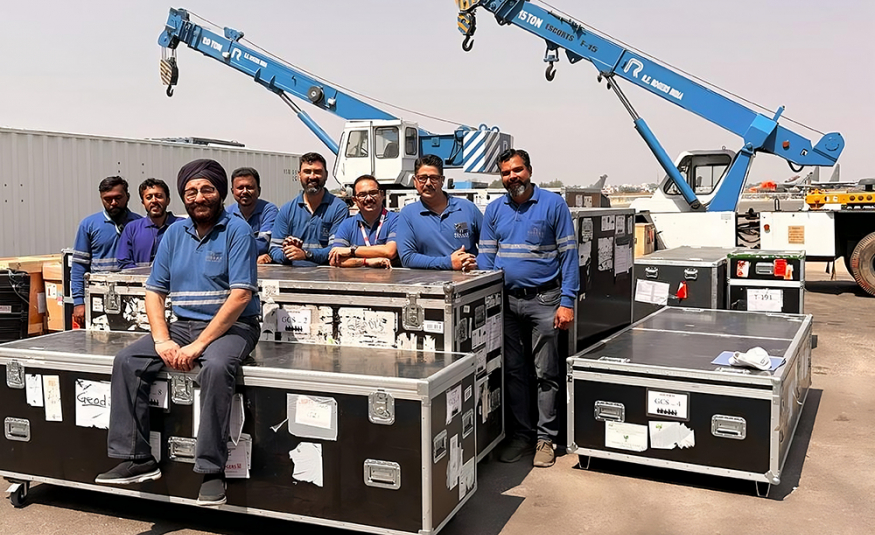While the activities of organisers are always in our focus, it is good also, to take the temperature of businesses in the supplier sector. EW asked three leading service providers in the global exhibition market for their insights into where the market is running smooth again and where it is still rocky.
Ravinder Sethi, chairman and managing director of specialist logistics company, R.E. Rogers, India:
 R.E. Rogers, India, is one of the most experienced logistical operators in the global exhibition business and identifies two main challenges affecting our exhibition revenues post-Covid.
R.E. Rogers, India, is one of the most experienced logistical operators in the global exhibition business and identifies two main challenges affecting our exhibition revenues post-Covid.
First, exhibitions reopening were predominantly domestic/local, with global participations (especially from China) still not returning to pre-Covid levels. Our revenue streams are thus affected due to low margins on local goods.
Second, freight rates rocketed during Covid and geographic disruptions due to the war in Ukraine are still keeping these rates high today. The exhibitor is bearing the brunt of this and this means they are generally reducing the volume of their exhibits, resulting in a revenue loss for us.
I don’t believe there has been any loss in the importance of the exhibition business to the economy, however. Nothing has changed there, we still remain market leaders in India.
The only change is the importance of some other verticals which we enhanced during Covid – namely, special projects, defence, and free trade warehousing, to name a few.
Exhibition logistics was our primary vertical in the ‘old norm’. We’ve now widened our business verticals in the ‘new norm’. We’ll never be dependent on one sector only.
But, even with the above scenario, we’ve had our best financial year since inception.
In terms of how the business coped with inflation, staffing and recruitment, comparatively, India’s inflation is less serious in the wider global scenario. The Covid times made us correctly frugal. We continue on that path, thus countering the inflationary effects.
Also, we are proud that we did not retrench, nor cut salaries during Covid. On the contrary, we hired to service our enhanced verticals. Staffing was not an issue when exhibitions reopened – our teams were all there.
There has, however, been a slight change of geographical focus for this business. Our geographical focus was primarily on business outside India. Post-Covid, we’re also giving equal focus to the domestic market.
Another trend is the increasing role of technology which includes everything from custom brokerage, tracking, onsite, and general administration.
Tanya Pinchuk, CEO of ExpoPlatform:
In terms of main challenges post-Covid, event organisers have been faced with a saturated market for live shows. Participants have been left wondering which are most important for them to attend. Budgets are tighter than ever before. Using real data to show the impact of technology has been crucial. The organisers who have invested in this can see much greater detail about the value of their shows.
Post-Covid, event technology is more important than ever before. We’ve seen a tripling of touchpoints available to exhibitors since 2020. Event technology is not just virtual events, it’s about forging connections, simplifying schedules and creating more value for all. The big organisers understand this – they have invested heavily in tech for live events.
As far as recruitment and staffing go, we haven’t changed the model significantly, we are expanding the team in a sustainable way.
As for what has changed the most in our approach to business in the ‘new norm’, I would say that it is the fact that tech is here to stay. Perhaps one of the biggest examples of this can be seen in 365 Community models. Lockdown meant all interactions went online, all of the time. But participants now expect that sort of engagement with brands to continue. That means providing a year-round platform to go alongside live events. This boosts engagement and revenue opportunities before, during and after the shows.
Technology providers which are geared towards live events are in a strong position. They bring the onsite and online worlds of events together. Digital badge scanning and features such as automated reminders and notifications make it easier to connect and network with other event participants. For instance, at GITEX – the global tech show held in Dubai – this led to 500,000+ leads scanned by exhibitors and one million leads generated in total, with the average lead rating over the five days being four out of five stars.

Sebastian Witt, senior consultant at Germany-based international consultancy jwc:
 For our company, the main post-Covid challenges have included finding qualified staff with intercultural capabilities for the execution and delivery of our growing number of projects.
For our company, the main post-Covid challenges have included finding qualified staff with intercultural capabilities for the execution and delivery of our growing number of projects.
We are finding that the demand for consultancy services has grown rapidly post-Covid.
The importance of our industry for local and global economies is well recognised and the willingness to invest into industry know-how, to foster growth, is increasing.
However, staffing and recruiting of talented individuals remains our biggest issue. We rely heavily on our existing global network to attract new talent. Additionally, we work with agencies and head-hunters.
Inflationary pressures mean that, in general, companies should review their pricing policies and establish pricing strategies that meet the perceived customer value of the service being offered.
As a consultancy company we are not as directly impacted by inflationary pressures as venues or some other service providers.
We increasingly rely on hybrid working models, both internally and also while working with clients. This new working model allows us to deliver projects in a more timely and cost-effective manner. Nonetheless a significant part of our work remains face-to-face.
Our customers are still based around the world. However, we experience an increase in demand for our services in Europe, the Middle East, ASEAN and also China.
Our core value proposition lies in the expertise of our team. This expertise and know-how is unrivalled by AI or other emerging technologies.





